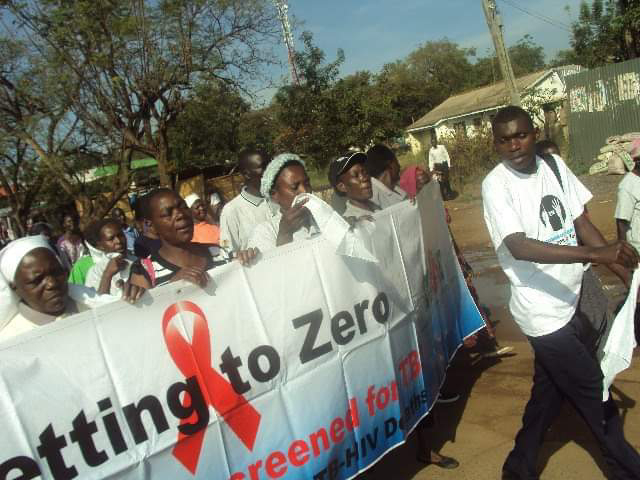Fighting for TB (tuberculosis) rights in Kenya faces several challenges:
Stigma and Discrimination: There is a significant stigma associated with TB in Kenya, leading to discrimination against TB patients. Many people are afraid to disclose their TB status due to fear of social exclusion.
Limited Awareness: Awareness about TB and the rights of TB patients is often lacking. This can result in delayed diagnosis and treatment, as well as inadequate support for affected individuals.
Healthcare Infrastructure: Kenya's healthcare system faces challenges such as underfunding, inadequate facilities, and a shortage of healthcare workers. This can lead to suboptimal TB diagnosis and treatment services.
Poverty: TB often affects marginalized and economically disadvantaged communities. Poverty can hinder access to proper healthcare, transportation to clinics, and adherence to treatment regimens.
Access to Medications: Access to TB medications can be inconsistent, and the availability of essential drugs may vary by region. This can impact the ability of patients to receive the treatment they need.
TB-HIV Co-infection: Kenya has a high rate of HIV/TB co-infection, which presents complex healthcare challenges. Co-infected individuals require specialized care, which may not always be readily available.
Legal and Human Rights Issues: There may be legal and human rights challenges, such as violations of patient confidentiality or discrimination in healthcare settings, which can hinder advocacy efforts.
Funding Constraints: Advocacy for TB rights often requires financial resources to support awareness campaigns and legal actions. Limited funding can impede the work of organizations advocating for TB patients' rights.
Efforts to address these challenges include raising awareness, improving healthcare infrastructure, reducing stigma, and advocating for policies that protect the rights of TB patients in Kenya

